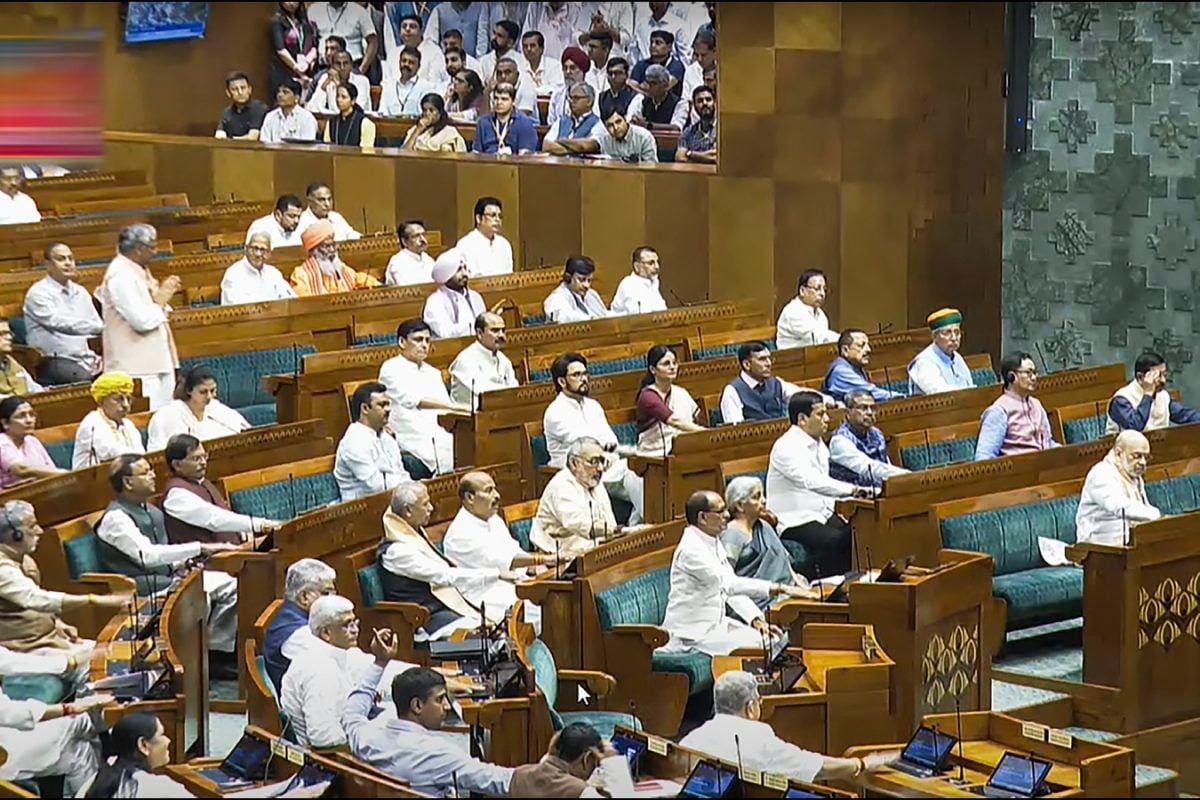

The ongoing disruptions in Parliament are taking a toll, with Members of Parliament (MPs) losing valuable opportunities during Question Hour and Zero Hour. These mechanisms are crucial for holding the government accountable and raising matters of public importance.
The Significance of Question Hour and Zero Hour
Question Hour is the first hour of a parliamentary sitting, where MPs ask questions of ministers, who are then held accountable for their ministries' functioning. These questions are designed to elicit information and trigger action from the government. Over the years, Question Hour has allowed MPs to expose financial irregularities and bring important government data to the public. There are three types of questions: Starred (oral answer with supplementary questions), unstarred (written answer), and short notice (oral answer with short notice).
Zero Hour, an Indian parliamentary innovation, immediately follows Question Hour. MPs can raise important issues without prior notice during this time. Zero Hour allows MPs to highlight issues not listed on the day's agenda and initiate discussions. This mechanism is essential for MPs to hold the government accountable. MPs must provide written notice to the Speaker or Chairman, who decides which MPs can speak based on the significance of the issues. A fixed time, typically two to three minutes, is allocated to each MP.
Impact of Parliamentary Disruptions
The continuous disruptions in Parliament have significantly impacted the functioning of these crucial mechanisms. Recent reports indicate substantial time lost due to these disruptions. During the current Monsoon Session, the Rajya Sabha had the opportunity to address numerous Zero Hour mentions, starred questions, and special mentions. However, due to the ongoing disruptions, only a fraction of these were addressed. Deputy Chairman of the Rajya Sabha, Harivansh, has expressed concern over the continued disruptions, emphasizing the importance of Question Hour and Zero Hour for raising issues of public importance and ensuring government accountability. Lok Sabha Speaker Om Birla has also voiced his concerns, noting that the proceedings have been disrupted for an extended period, which is not in line with democratic traditions. Birla stated that crores of taxpayers' money was being wasted to run the parliament with the disruptions.
Reasons for Disruptions
The disruptions have been attributed to various issues, including demands for discussions on the Special Intensive Revision (SIR) of electoral rolls in Bihar. Opposition parties have been protesting alleged irregularities in the SIR, leading to repeated adjournments of both houses. The government has maintained that the matter is sub judice, as the Supreme Court is hearing petitions against the SIR, and therefore cannot be discussed in Parliament. Deputy Chairman Harivansh rejected notices to suspend the House's scheduled business to discuss the issue, stating that some notices did not contain proper motions and others concerned matters that are sub judice.
Consequences and Way Forward
The disruptions have led to a significant loss of parliamentary time and have prevented MPs from raising important issues and holding the government accountable. The smooth functioning of Parliament is essential for a healthy democracy, and it is crucial for both the government and the opposition to find ways to resolve their differences and ensure that the House can conduct its business effectively. Finding common ground and adhering to parliamentary procedures can help minimize disruptions and ensure that these vital parliamentary tools are utilized for the benefit of the public.